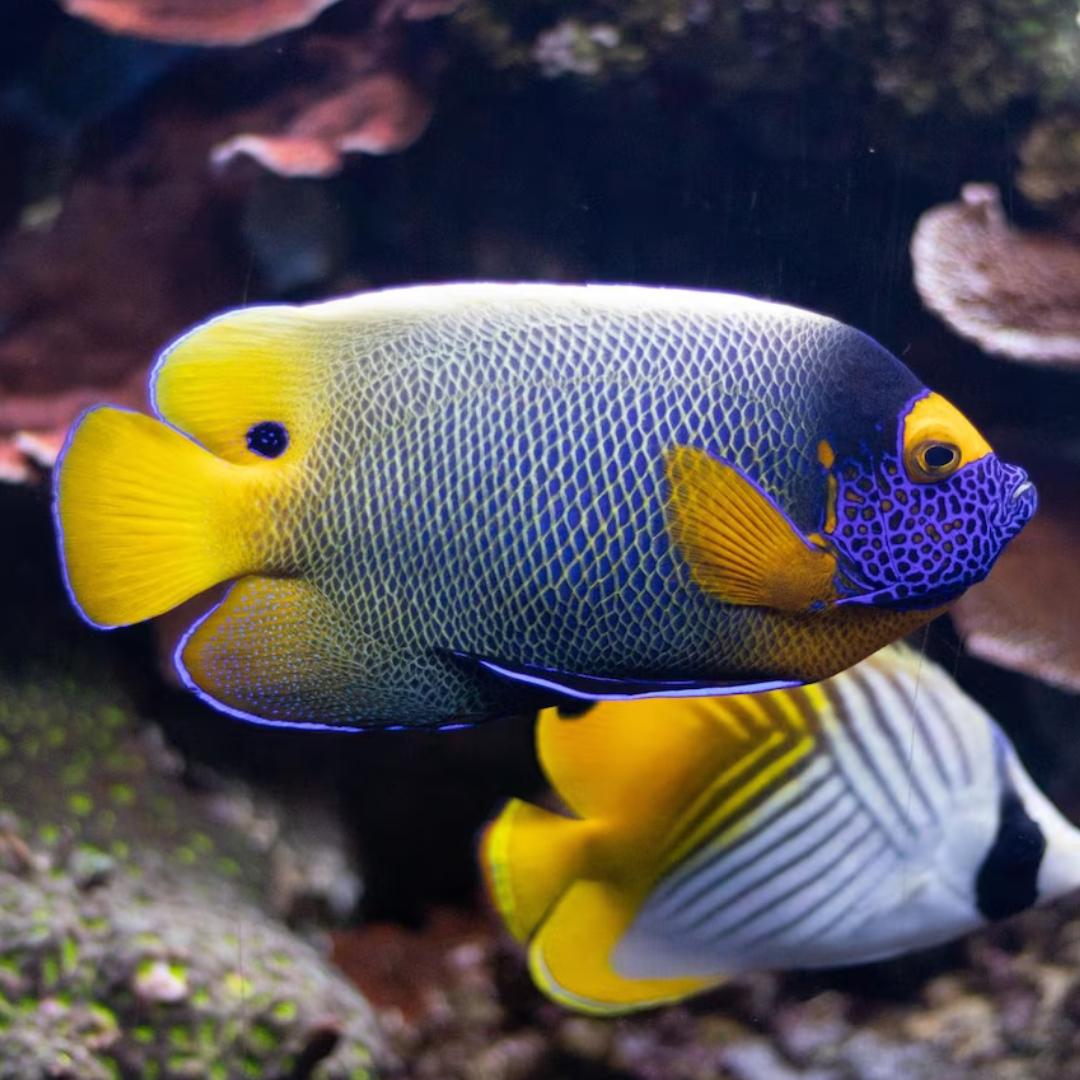Importing Live Tropical Fish
The importation of tropical fish to the United Kingdom is a vibrant and diverse industry that caters to the growing demand of aquarium enthusiasts. This process involves navigating various regulations, ensuring the well-being of the fish during transportation, and considering the potential ecological impact on native aquatic ecosystems. In this article, we will explore the intricacies of importing tropical fish to the UK, including the regulations governing this trade, considerations for importers, and the importance of sustainable practices.
The importation of tropical fish to the UK is governed by a set of regulations aimed at protecting animal welfare and preventing the introduction of invasive species. The primary regulatory body overseeing this process is the Animal and Plant Health Agency (APHA), along with the Department for Environment, Food, and Rural Affairs (DEFRA). Importers must comply with regulations such as the Import of Live Fish (England and Wales) Act 1980 and the Import of Live Fish (Scotland) Act 1980.
Health Certification and Quarantine
To import tropical fish to the UK, importers must obtain health certificates issued by the competent authority in the exporting country. These certificates ensure that the fish are free from diseases and parasites, providing a guarantee of their health and suitability for importation. Importers must also adhere to strict quarantine procedures upon arrival in the UK. Quarantine facilities must meet specific standards, including appropriate filtration, water quality management, and monitoring protocols. Quarantine periods allow for observation and disease testing to ensure the health of the imported fish and prevent the introduction of potentially harmful pathogens into local ecosystems.
Sustainable sourcing is a crucial consideration for importers of tropical fish. It involves working with suppliers who practice ethical and responsible collection methods. Importers should prioritize sourcing fish from captive breeding programs or sustainable wild fisheries that employ sustainable fishing techniques. Sustainable sourcing reduces the impact on wild populations, promotes biodiversity conservation, and supports local economies in source countries. By choosing suppliers committed to sustainable practices, importers can contribute to the long-term viability of the tropical fish trade.
- Import Live Fish
- Import Live Fish
- Import Live Fish
Transportation and Acclimatization
Transporting tropical fish to the UK requires careful planning and execution to ensure their well-being. Importers must consider factors such as water temperature control, oxygenation, and minimizing stress during transit. Specialized transport containers equipped with proper filtration, temperature maintenance systems, and oxygenation mechanisms are essential for maintaining the health of the fish during transportation. Upon arrival, the fish must undergo a gradual acclimatization process to adapt to the conditions in their new environment. Importers must provide suitable tanks, appropriate water parameters, and adequate nutrition to ensure a smooth transition for the tropical fish.
Importing tropical fish to the UK carries the potential risk of introducing invasive species to local aquatic ecosystems. Invasive species can have devastating ecological consequences, including outcompeting native species, disrupting ecosystems, and spreading diseases. Importers must conduct thorough risk assessments to identify and mitigate the potential impact of imported species. Adhering to quarantine procedures, avoiding the importation of known invasive species, and implementing stringent biosecurity measures are essential to minimize the risk of introducing invasive species into UK waters.
Raising public awareness about responsible tropical fish ownership is crucial in minimizing the ecological impact of the trade. Importers can play a significant role by providing accurate information about responsible aquarium practices, including appropriate tank sizes
DOCUMENT REQUIREMENTS
- Certificate of Origin
- Bill of Lading
- Packing List
- Commercial Invoice
- Customs Clearance






